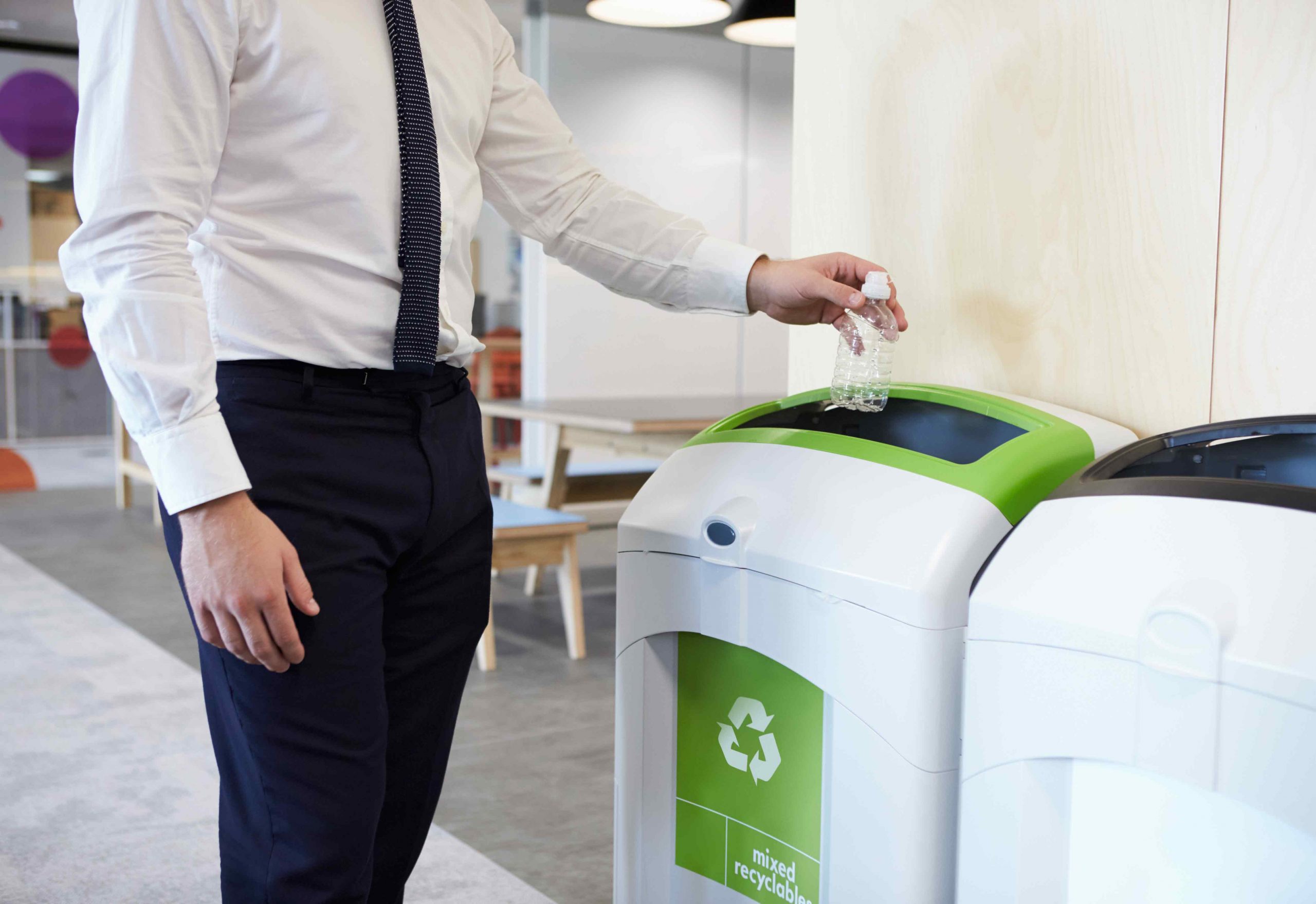On our earth pollution increasing day by day, and we all know about that. in this context, we hear the word recycling. What is meant by recycling? how we can recycle? What things we can recycle?
So, recycling is a process of turning waste into new materials or products. This is an outstanding way to protect the environment and decrease universal carbon emissions. Recycling means converting waste material into something usable. Products like – Glass, paper, plastic, and metals such as aluminium and steel are all usually recycled.
Recycling is necessary if we want to protect this world for our prospect generations. We make new products from the old unused products. Recycling is an old practice with numerous modern applications. Recycling is the third ‘R’ of Reduce, Reuse and Recycle. Before throwing anything, think of a way to reuse that item. According to this how to recycle a thing in a sustainable manner? Sustainable Recycling refers to the practice of recycling materials in an environmentally, economically, and socially sustainable long-term way.
Benefits of Sustainable Recycling
To understand what are the benefits of sustainable recycling, we must first understand the meaning of sustainability. It involves using natural products and energy in a way that does not harm the environment. In short, fulfilling the needs of the current generation without compromising the needs of the future generation. Sustainability is key to a healthy environment; besides the environmental benefits, it also has great business benefits.
It considers several facets of sustainability, going beyond the fundamental idea of recycling, such as:
Impact on the Environment: Sustainable recycling seeks to reduce damage to the environment. In order to do this, energy utilisation, greenhouse gas emissions, and pollutants from the recycling process must all be decreased. It also aims to safeguard ecosystems and preserve natural resources.
Resource Conservation: By recycling materials and minimising the need to collect and process new raw materials, sustainable recycling aims to protect priceless resources. This helps extend the lifespan of finite resources and reduces environmental degradation.
Economic Viability: It should be possible to make a sustainable recycling system profitable. This implies that it needs to be economical and not mainly dependent on financial models that are unsustainable or subsidies. It ought to boost regional economies and provide jobs as well.
Social elements: Sustainable recycling considers the social elements of recycling, including community involvement, fair labour practises, and equal access to recycling services. It ought to take into account community well-being and be inclusive.
Innovation and Improvement: In order to minimise trash and its negative effects on the environment, sustainable recycling is always looking to enhance recycling techniques and technology. It promotes the study and advancement of recycling techniques.
Education and Public Engagement: An essential component of sustainable recycling is raising public awareness and teaching people about the value of recycling and their part in it. Communities that are involved and well-informed are more likely to take part in recycling initiatives.
Waste Reduction: Although recycling has its place, a genuinely sustainable strategy also prioritises reducing waste at its source. Reducing packing, reusing products, and lowering consumption can all help with this.
Long-Term Planning: In order to achieve specified recycling rates or waste reduction objectives, sustainable recycling frequently entails long-term planning and policy creation.
How Can Sustainable Recycling Be Achieved?
For their existence and well-being, humans are either directly or indirectly dependent on the natural environment. We need to include sustainable recycling into our lives in order to maintain the balance of the three sustainability pillars: social, environmental, and economic challenges. Every discipline, including engineering, manufacturing, design, technology, economics, and others, uses sustainability.
The best way to encourage sustainability is to raise awareness among young people. As responsible citizens, it is our collective responsibility to consider how best to use the resources that Mother Earth has to offer.
Because of this, sustainable development has emerged as a crucial goal of human existence. The environment’s destruction and the exploitation of natural resources have increased rapidly in recent years. Environmental problems including acid rain, global warming, air pollution, and ozone layer depletion have surfaced, and they cause deterioration. As a result, it is critical to comprehend what critical actions need to be taken to safeguard the environment. Thus, as was previously mentioned, recycling that is sustainable is essential.
The following actions are crucial to accomplishing sustainable recycling:
- The first step is gathering the garbage
- The second step is handling the garbage
- The third step is buying recycled goods.
Through these, we can create a sustainable recycling system. To protect our environment. The universal truth is that human well-being is linked to the health of the environment. Sustainable recycling is the eco-friendly method of solid waste management for a sustainable society. The current disposable methods might be harmful to our environment in certain ways. Still, with recycling sustainability, we can conserve natural resources and decrease the harm we cause to the environment.
- About the Author
- Latest Posts
A passionate advocate for all natural and sustainable ideas. With a background in sustainable economics science and a deep love for nature, Sojy has dedicated his career to promoting eco-friendly practices and encouraging others to live a more sustainable lifestyle. He is an avid hiker, gardener, and cook, and loves experimenting with natural ingredients in his recipes and lifestyle routines. Sojy believes that small changes can make a big impact and is constantly seeking out new ways to reduce his carbon footprint and inspire others to do the same




